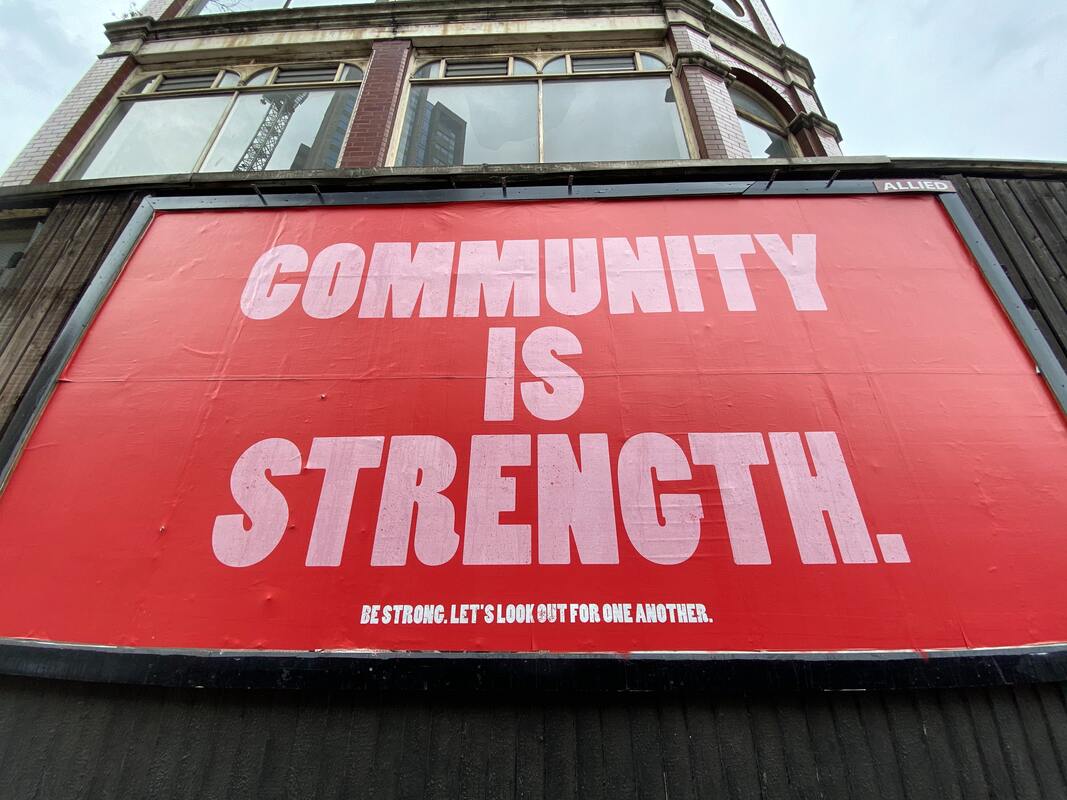Welcome to the Mobilise! project course on active citizenship!
In this course, you will learn about some of the main concepts involved in active citizenship in a democracy. You will hear stories about people who have been active citizens in different ways.
The word ‘citizenship’ can have many meanings. In a very simple way, being a ‘citizen’ is about the status of being a member of a particular nation. Being a citizen gives you certain rights and also duties under the law – for example the right to vote and the duty to obey the law.
However, citizenship in a democracy is about more than status; it is also about participating in political and civic life. This participation is at the heart of active citizenship: it is about knowing and sometimes fighting for your rights, working to improve people’s lives and strengthen communities. This participation can take different forms: from volunteering with a charity – to involvement in a campaign to change the law – to standing for political office.
Active citizens work with others, using a range of methods, to do something in their community. In this way, active citizenship is about participation but it is also about a feeling – of belonging to a community, of solidarity with others, of the desire to change society.
The word ‘citizenship’ can have many meanings. In a very simple way, being a ‘citizen’ is about the status of being a member of a particular nation. Being a citizen gives you certain rights and also duties under the law – for example the right to vote and the duty to obey the law.
However, citizenship in a democracy is about more than status; it is also about participating in political and civic life. This participation is at the heart of active citizenship: it is about knowing and sometimes fighting for your rights, working to improve people’s lives and strengthen communities. This participation can take different forms: from volunteering with a charity – to involvement in a campaign to change the law – to standing for political office.
Active citizens work with others, using a range of methods, to do something in their community. In this way, active citizenship is about participation but it is also about a feeling – of belonging to a community, of solidarity with others, of the desire to change society.
In the four units of this course on active citizenship, you will explore these concepts further:
There is a dictionary of terms used in the course which you can access by clicking on the highlighted words.
Before you start, think about what this idea of active citizenship means to you. Are there any proverbs in your culture about the value of community or participation? For example, in Afghan culture there is a saying: ‘one hand can never make a sound.’ What do these proverbs say about different traditions of active citizenship?
Take a look at this video that explains the work Global Link in Lancaster does to support refugees and asylum seekers. This work is a good example of active citizenship and the topics you will explore in this course.
- What it means to be part of a community
- How rights are put into law or policy and also how they are carried out in practice
- The methods active citizens use to work for change
- Documenting Dissent, led by Global Link
- Remembering Resistance, led by Lancaster University
There is a dictionary of terms used in the course which you can access by clicking on the highlighted words.
Before you start, think about what this idea of active citizenship means to you. Are there any proverbs in your culture about the value of community or participation? For example, in Afghan culture there is a saying: ‘one hand can never make a sound.’ What do these proverbs say about different traditions of active citizenship?
Take a look at this video that explains the work Global Link in Lancaster does to support refugees and asylum seekers. This work is a good example of active citizenship and the topics you will explore in this course.
We hope you enjoy learning about all the different stories. Click on the button below to go the first unit.

